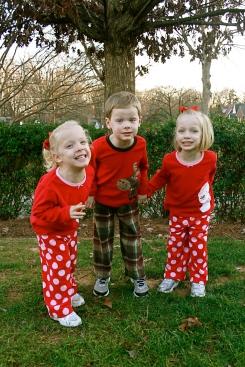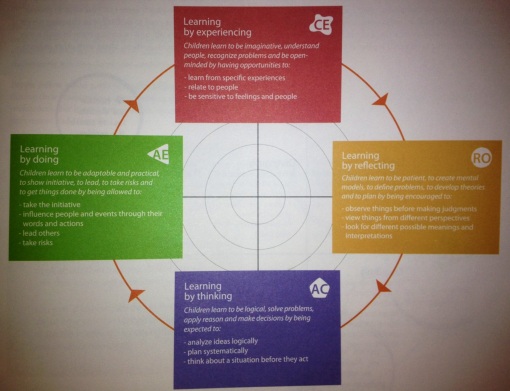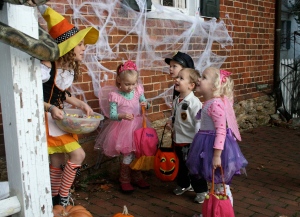 As I’ve started to realize this, I have wondered whether or not this is my doing or not. I think that birth order studies are fascinating. Although I know the stereotypes for oldest, middle, and youngest children are not all-encompassing, it has been my experience that lots of people do exhibit characteristics that are consistent with their birth order. I myself am an oldest child and I feel that I exhibit many of the common oldest child traits. Dependable, controlling, rule-following, and ambitious are just a few of the characteristics I feel I have that mark me with the brand of “the oldest.”
As I’ve started to realize this, I have wondered whether or not this is my doing or not. I think that birth order studies are fascinating. Although I know the stereotypes for oldest, middle, and youngest children are not all-encompassing, it has been my experience that lots of people do exhibit characteristics that are consistent with their birth order. I myself am an oldest child and I feel that I exhibit many of the common oldest child traits. Dependable, controlling, rule-following, and ambitious are just a few of the characteristics I feel I have that mark me with the brand of “the oldest.”
So how does that relate to a situation where multiples are involved? Sure, there is a birth order (Peyton-Sam-Adah, from oldest to youngest), but does the difference of a minute between each of their births really destine them to those assigned birth orders? In my short four years of experience, my answer is no. Although all three of the triplets have distinctly different personalities and characteristics, I would have to say that they all three seem to exhibit the traits of an oldest child. And as I thought about it some more, I think a lot of it boils down to how we have been raising them.
The triplets were our first children, so I think we treat them, collectively, how parents would treat their firstborn. We expect a lot of them. We want them to “act their age” and be responsible. We expect them to “know better”, learn things quickly and follow the rules. In essence, I think WE are one of the main reasons that they all seem to act like the oldest child … because of our expectations. Is this a good or a bad thing? I guess we’ll have to wait and see. I think it’s a good thing that we expect the same things (like acceptable behavior, manners, obedience, etc.) out of all three of them instead of expecting different things based on their oldest, middle, and baby birth order. I also believe that all children need variances in parenting according to their own personalities, but I do not think that we should have different expectations for each child’s behavior based on these personality differences. I want all of my children to have good manners, respect adults and have empathy for others, and I know I may have to teach all of that in different ways based on their differing personalities. But that doesn’t mean my expectations for each of them are different … the difference comes in the means to get to that end.
So yes, I do think that there is a birth order that plays out in our triplets. They all tend to exhibit traits of the oldest child, albeit in varying ways. This makes me wonder if other higher order multiples’ parents see birth order characteristics in their children as well. Are there birth order differences among the multiples themselves or do they tend to be like Peyton, Sam and Adah and collectively share a birth order? I’d be curious if anyone with (or without!) multiples has any opinions or observations on this subject as well.
Long live the firstborns!
Other posts by JoAnne
- Great Expectations (25hoursblog.wordpress.com)
- Staying Safe (25hoursblog.wordpress.com)






